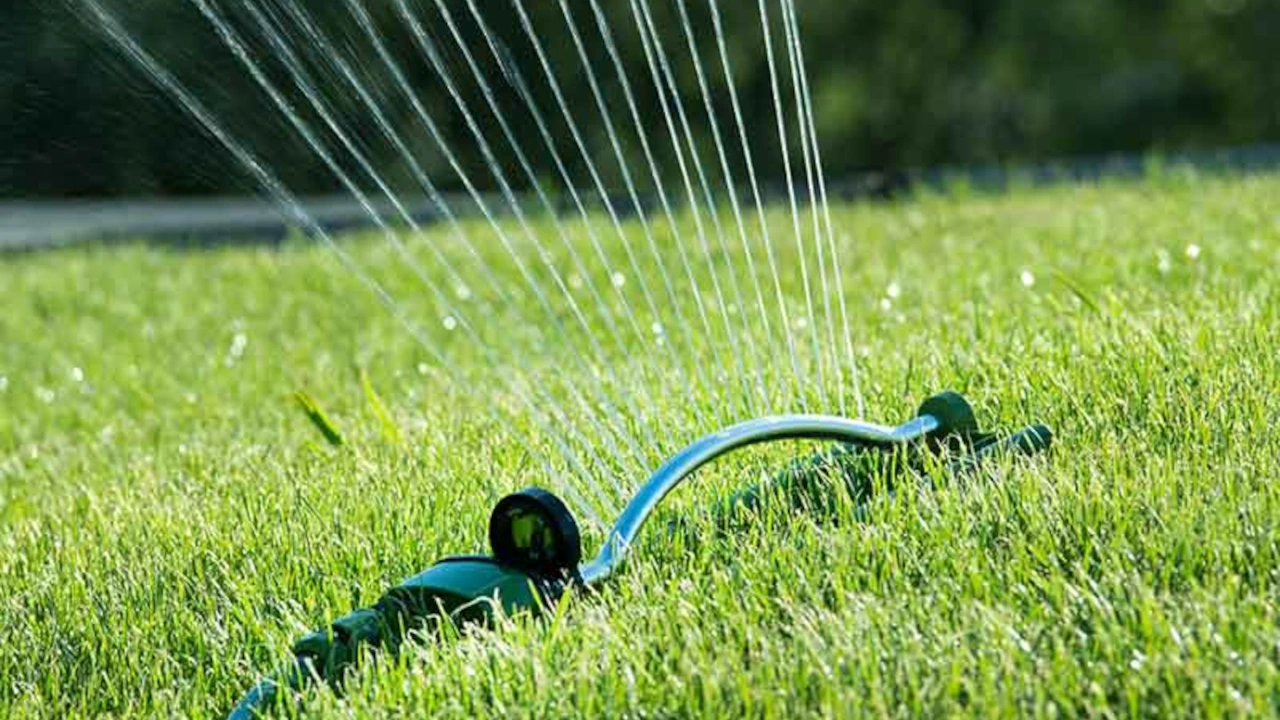A lush, green lawn is a source of pride and enjoyment for Houston homeowners, but achieving and maintaining its beauty requires thoughtful irrigation practices. With water conservation becoming increasingly important, it’s crucial to strike a balance between keeping your lawn healthy and minimizing water waste. This guide will delve into the significance of proper lawn irrigation, offering valuable tips to ensure your lawn thrives while conserving this precious resource.
The Impact of Proper Irrigation
Proper irrigation is the lifeblood of a healthy lawn. Adequate water supply ensures that your grass receives the hydration it needs to thrive, supporting optimal growth, vibrant color, and resilience against stress and disease. However, overwatering or inefficient irrigation practices can lead to a host of problems, including:
- Shallow Root Development: Frequent, shallow watering encourages shallow root growth, making your lawn more susceptible to drought and heat stress.
- Fungal Diseases: Overwatering creates a moist environment that fosters the development of fungal diseases, such as brown patch and dollar spot, which can damage your lawn’s appearance and health.
- Nutrient Leaching: Excessive watering can wash away essential nutrients from the soil, hindering your lawn’s ability to absorb the nourishment it needs.
- Wasted Water: Inefficient irrigation practices lead to water wastage, which strains natural resources and increases your water bill.
Water Conservation Tips for Houston Lawns
Adopting water-conscious irrigation practices is essential for maintaining a beautiful lawn while minimizing your environmental impact and conserving this precious resource. Here are some valuable tips:
- Water Deeply and Less Frequently: Encourage deep root growth by watering your lawn deeply and less frequently. This trains your grass to access moisture from deeper soil layers, making it more drought-tolerant. A general guideline is to provide about 1 inch of water per week, either through rainfall or irrigation.
- Water Early in the Morning: The optimal time for watering is early in the morning, typically between 4 am and 8 am. This allows the grass blades to dry quickly, reducing the risk of fungal diseases. Avoid watering in the late afternoon or evening, as prolonged leaf wetness can create a conducive environment for pathogens.
- Adjust Watering Based on Weather: Monitor rainfall and adjust your irrigation schedule accordingly. Reduce or skip watering sessions after significant rain events to prevent overwatering.
- Use a Rain Sensor: Install a rain sensor on your irrigation system to automatically shut off the sprinklers when it rains, preventing unnecessary water usage.
- Check for Leaks and Inefficiencies: Regularly inspect your irrigation system for leaks, broken sprinkler heads, or misdirected spray patterns. Addressing these issues promptly can save significant amounts of water.
- Consider Smart Irrigation Technology: Smart irrigation controllers use weather data and soil moisture sensors to adjust watering schedules in real-time, ensuring your lawn receives the right amount of water based on actual conditions.
Additional Water-Saving Strategies
Beyond efficient irrigation practices, other water-saving measures can contribute to a healthy and sustainable lawn:
- Choose Drought-Tolerant Grass Varieties: Opt for grass species that are naturally adapted to Houston’s climate and require less water, such as Bermuda grass, Zoysia grass, or St. Augustine grass.
- Mow High: Maintaining a higher mowing height (around 3 inches) encourages deeper root growth and reduces water loss through evaporation.
- Apply Mulch: A layer of mulch around trees, shrubs, and flower beds helps retain soil moisture, reducing the need for frequent watering.
- Minimize Runoff: Ensure your lawn is properly graded to prevent water runoff and maximize absorption.
Conclusion
Proper lawn irrigation is crucial for achieving a healthy, vibrant lawn while conserving water and protecting the environment. By implementing efficient watering practices, adopting water-saving strategies, and considering professional lawn care services, you can create a beautiful and sustainable landscape that you can enjoy year-round. Remember, a responsible approach to lawn irrigation not only benefits your lawn but also contributes to a healthier planet for future generations.
